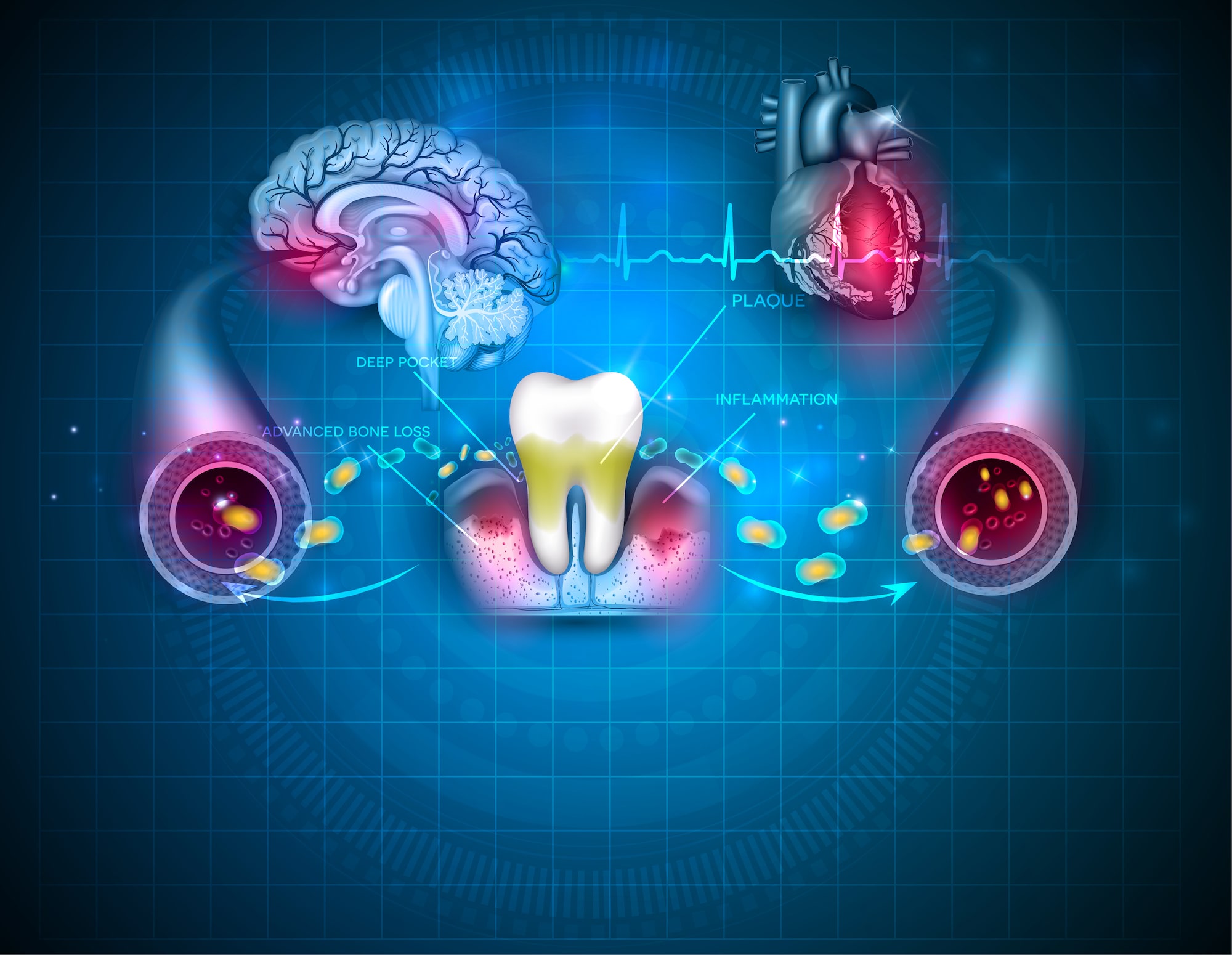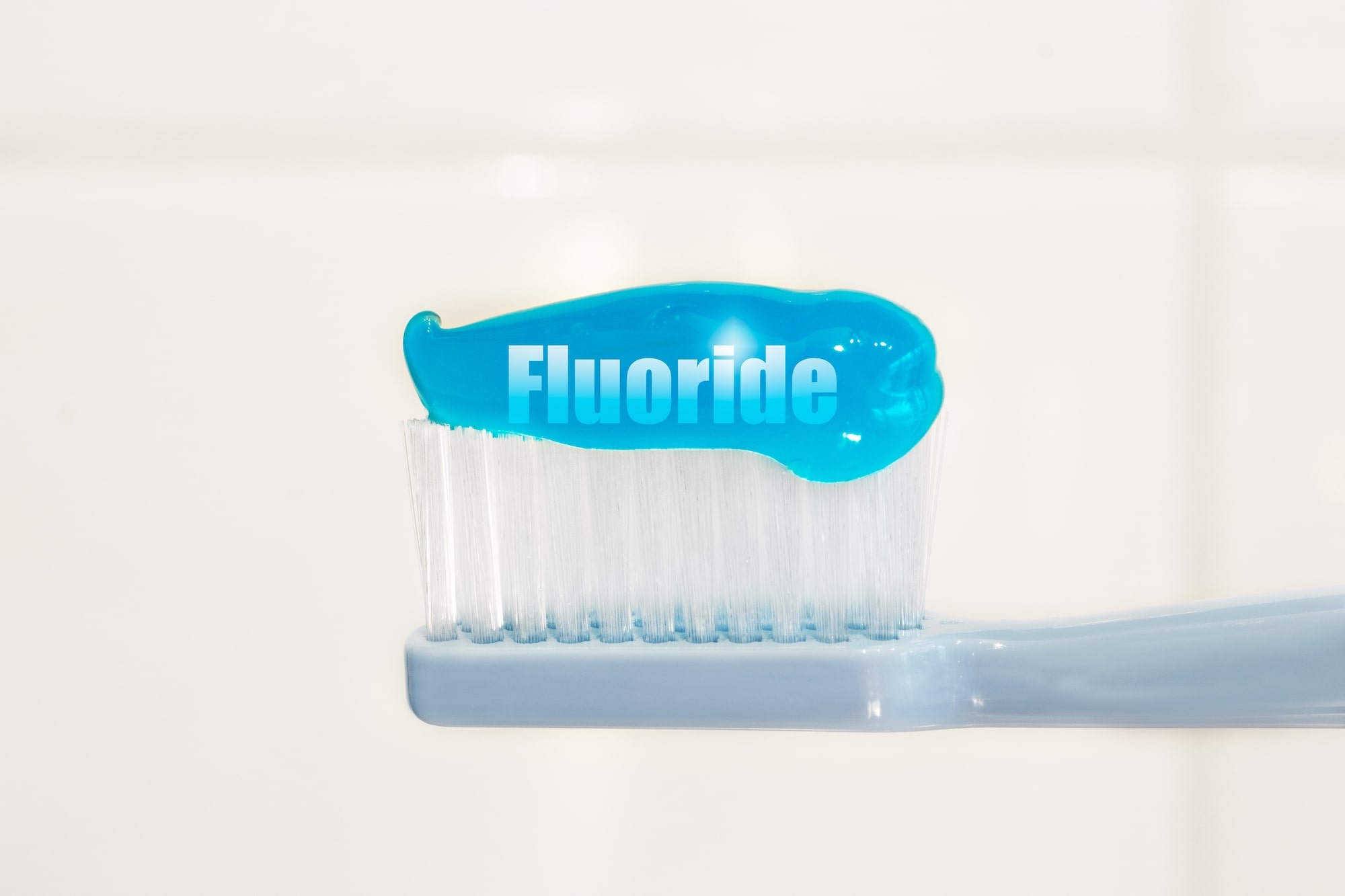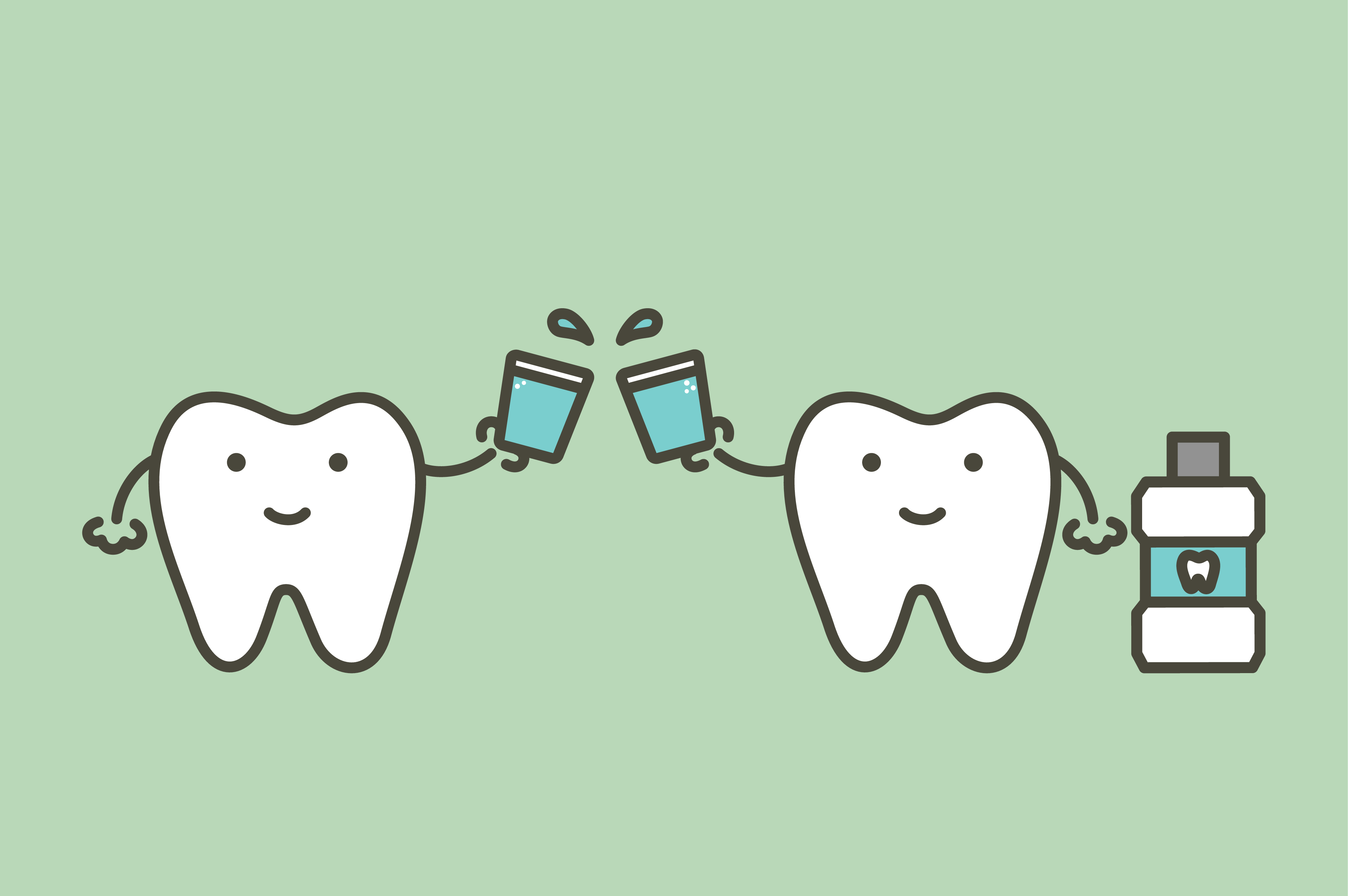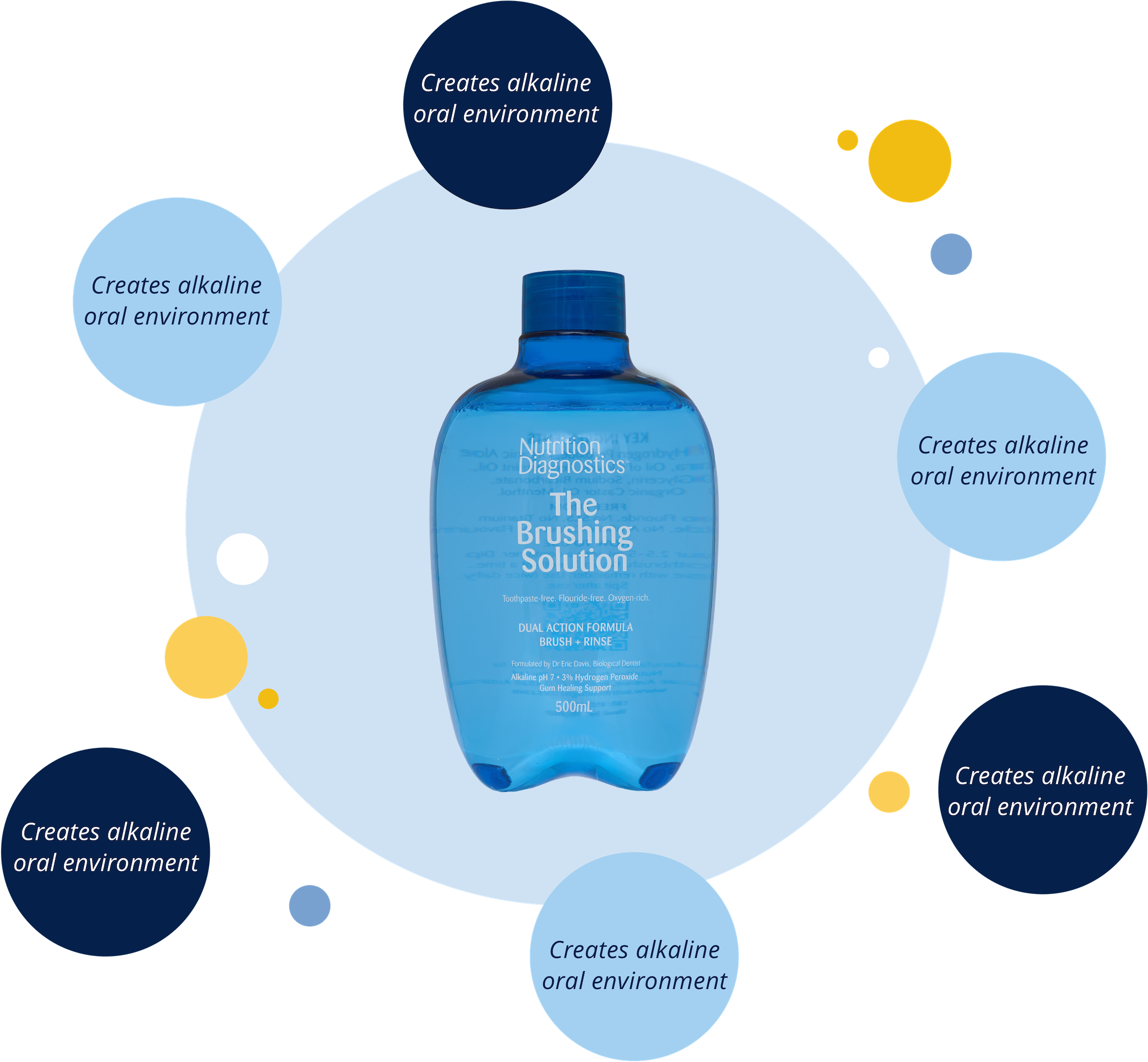Is Mouthwash Bad for You? How Antimicrobial Mouthwash Harms Heart and Brain Health, and is Linked to Diabetes
The marketing premise behind most mouthwashes is straightforward: germs are bad, so killing more of them must be beneficial. That's why so many antimicrobial mouthwashes boast about "killing 99% of bacteria."
This isn't misleading marketing — they make good on this claim. The problem is that by indiscriminately killing all bacteria, these products don't just kill the "bad germs" associated with tooth decay and gum disease. They also eliminate the good bacteria that are essential to oral and systemic health — even playing vital roles in heart, brain and metabolic health.
The Oral Microbiome
The mouth is home to a complex ecosystem of microorganisms, collectively known as the oral microbiome. Like the gut microbiome, it contains both harmful and beneficial species. Harmful bacteria can certainly cause cavities and gum disease, and these need to be controlled. But beneficial bacteria play protective roles — helping regulate pH and inflammation, preventing overgrowth of pathogens, and even supporting key metabolic pathways.
When antimicrobial mouthwashes indiscriminately sterilise the mouth, they disrupt this delicate balance. What results is not "cleanliness,"
but dysbiosis — an imbalance that can cascade into a cost of downstream health problems.

The Oral Systemic Link: How Disease Starts in the Mouth
Oral pathogens are not confined to the mouth; they directly contribute to systemic disease. In a 2013 study, PCR testing revealed that every clot-forming bacterium in stroke and heart-attack patients came from oral sources.

Fluoride is a Neurotoxin That Affects the Brain
Fluoride can penetrate the blood–brain barrier and build up in the brain.. Research consistently shows that exposure during key stages of childhood development is associated with cognitive deficits and lower IQ.
The Nitric Oxide Pathway: A Critical Example
Among the many tasks oral bacteria perform, one of the most vital is producing nitric oxide — a molecule essential for healthy blood flow, metabolism, and brain function. The process begins when we eat nitrate-rich foods, and these nitrates are absorbed into the bloodstream and delivered to the salivary glands, where they are released back into the mouth through saliva.
At this point, specific bacteria on the tongue convert nitrates into nitrites. When swallowed, those nitrites enter the stomach, where the acidic environment transforms them into nitric oxide. This cycle supplies a large share (over 50%) of the body's nitric oxide.
Crucially, this process depends entirely on having a balanced oral microbiome. If antimicrobial mouthwash wipes out the very bacteria that drive this pathway, nitric oxide production drops, and the body loses one of its most important mechanisms for maintaining health.
Why Nitric Oxide Matters
Nitric oxide is one of the body's most important signalling molecules. Though it is small and short-lived, it plays a vital role in keeping the cardiovascular system, metabolism, and brain functioning properly. Without sufficient nitric oxide, some of the body's most critical processes begin to break down.
Blood vessel health
One of nitric oxide's primary jobs is to help blood vessels relax and widen, a process known as vasodilation. This keeps blood flowing smoothly and prevents dangerous increases in blood pressure. When nitric oxide levels drop, blood vessels stiffen, raising the risk of hypertension — a leading driver of stroke and heart disease.
The research of Dr Nathan Bryan — a molecular geneticist at Baylor College of Medicine — showed that just one week of using chlorhexidine mouthwash can raise blood pressure by 26 mmHg — purely by disrupting the bacteria responsible for nitrate reduction.
Dr Bryan's research also showed people with reduced nitric-oxide levels exhibited markers of endothelial dysfunction — the first
step in atherosclerosis and heart disease.
Metabolism and insulin sensitivity
Nitric oxide also affects how the body processes sugar. It enhances insulin's ability to move glucose from the bloodstream into cells where it can be utilised for energy. If nitric oxide levels are low, this process becomes less efficient, leading to insulin resistance, which in turn sets the stage for the development of type 2 diabetes.
To this end, diabetic patients frequently show endothelial dysfunction and low nitric oxide production. In experiments ran by Dr Bryan, mice lacking endothelial nitric-oxide synthase (eNOS) developed insulin resistance and abdominal fat gain, but when given dietary nitrate, both markers improve dramatically.
This suggests a two-way relationship:
- Diabetes causes nitric oxide deficiency.
- But nitric oxide deficiency can also cause diabetes.
Brain function
The brain depends on a steady supply of oxygen and nutrients delivered through healthy circulation. Nitric oxide helps maintain this blood flow. Thus, reduced nitric oxide has been linked to impaired memory and a higher risk of cognitive decline, including Alzheimer's disease and other dementias.
Nitric Oxide is Essential for Health, and Mouthwash Can Kill It
Think of nitric oxide as a chemical "signal flare" that tells your blood vessels when to dilate and your cells when to utilise glucose properly. Without enough of it:
- Blood vessels stay constricted → blood pressure rises.
- Insulin's signal becomes weaker → blood sugar levels rise.
- The brain receives less blood flow → neurons starve, and the risk of cognitive decline rises.

Hydrogen Peroxide Mouthwash: What Makes it Better Than Regular Mouthwash?
Hydrogen peroxide is water with an extra oxygen molecule. In mouthwash, it works as a natural antiseptic by releasing oxygen when it comes into contact with oral tissues...

Harmful Ingredients in Mouthwash: Why Natural Mouthwash is Better For You
Most generic mouthwashes contain harmful ingredients like alcohol, poloxamer 407, sodium saccharin, parabens, phosphoric acid and cetylpyridinium chloride...
The Bottom Line: Most Mouthwash is Bad For You
This is why studies have found that people who use strong antimicrobial mouthwashes daily — and thus have persistently low levels of nitric oxide — may develop higher blood pressure, show markers of metabolic dysfunction or even cognitive decline.
The effect of mouthwash on nitric oxide and its downstream health consequences is just one of many reasons we strongly advocate against the use of generic antimicrobial mouthwashes. Our previous article also outlines how the ingredients contained in most mouthwashes — like alcohol, poloxamer 407, saccharin, phosphoric acid, parabens and cetylpyridinium chloride — have adverse health effects.
A Holistic and Healthy Alternative
Instead, we advocate for our own hydrogen peroxide-based mouthwash: The Brushing Solution. Formulated from an all-natural blend of hydrogen peroxide, oil of cloves, organic aloe vera, peppermint oil and other natural ingredients, it is designed to eradicate only harmful bacteria.
It does this by way of oxygenating the mouth and raising pH levels to create conditions where harmful bacteria can't survive. This mechanism kills bad bacteria without destroying good bacteria, which supports a balanced oral microbiome. To learn more about The Brushing Solution, click here.


